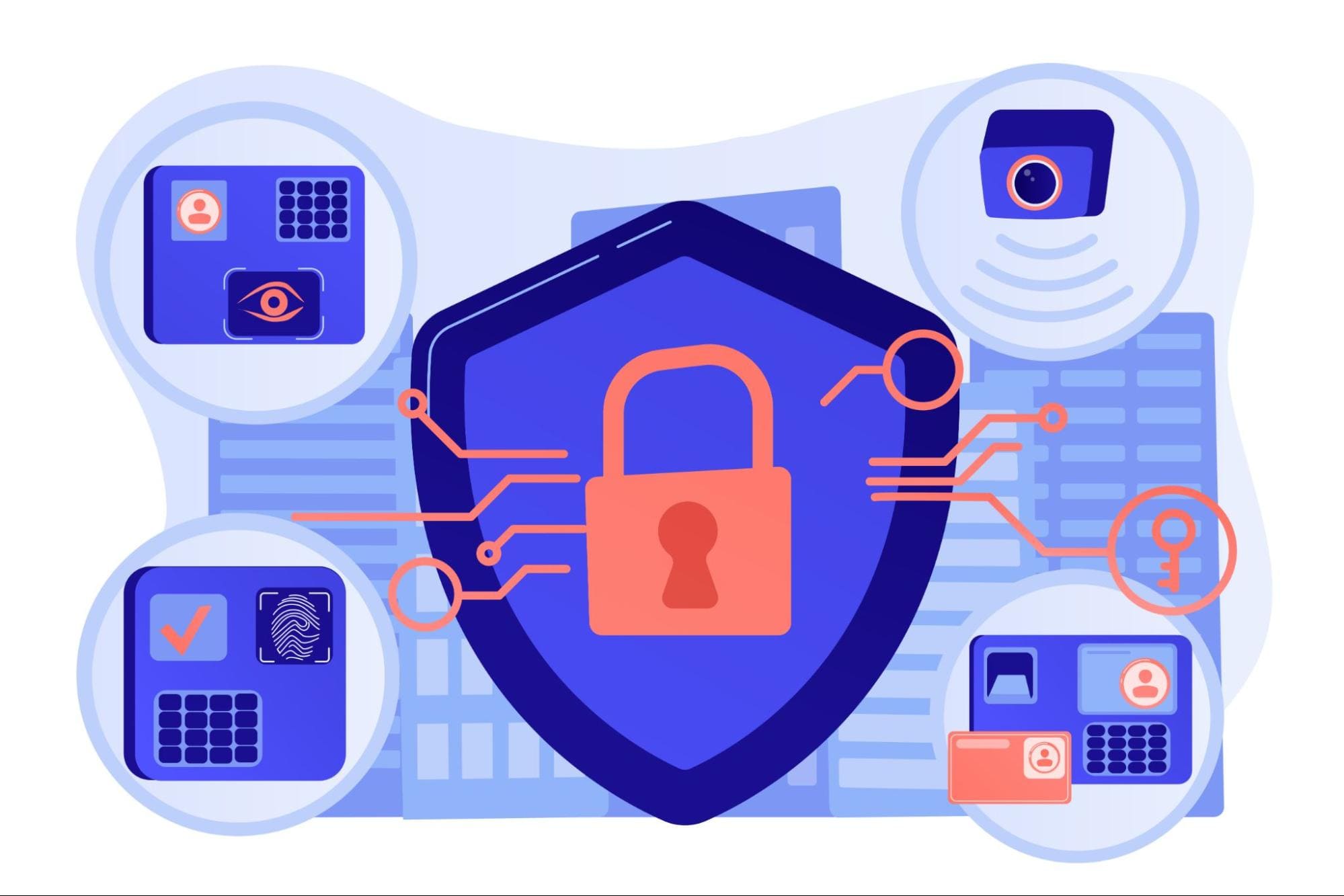How to Protect Your MySQL Server from Hacking?
The MySQL server is one of the most popular relational databases, used by numerous web applications worldwide. However, recent cybersecurity threats have become increasingly serious, making it vital to take measures to protect the information stored on your MySQL server.
In this article, we’ll explore several methods to protect your MySQL server from hacking, which will help improve the security of your database.
1. Keep MySQL and all its components up to date
To avoid vulnerabilities associated with outdated software, it’s essential to regularly update MySQL and all its components. New software versions typically include fixes for vulnerabilities from previous versions, so it’s important not to ignore update notifications.
2. Use strong passwords
Set strong passwords for all MySQL server users, containing a combination of letters, numbers, and special characters. Avoid using simple passwords like «123456» or «password», as they can be easily guessed by hackers.
3. Limit access to the server
Configure your firewall to restrict access to the MySQL server to only specific IP addresses. This will help eliminate the possibility of unauthorized access to the database over the internet.
4. Encrypt your data
To protect data from unauthorized access, it is recommended to use encryption for the information stored on the MySQL server. This will help prevent the leakage of confidential information, even if attackers gain access to the database.
5. Regularly create backups
Don’t forget to make regular backups of the data stored on your MySQL server. Keep in mind that in the event of a successful server hack, you will be able to recover lost information from a backup.
Following these simple security rules will help improve the protection of your MySQL server from hacking and maintain the security of your database. Remember that data protection is an important aspect of working with databases that requires constant attention.




